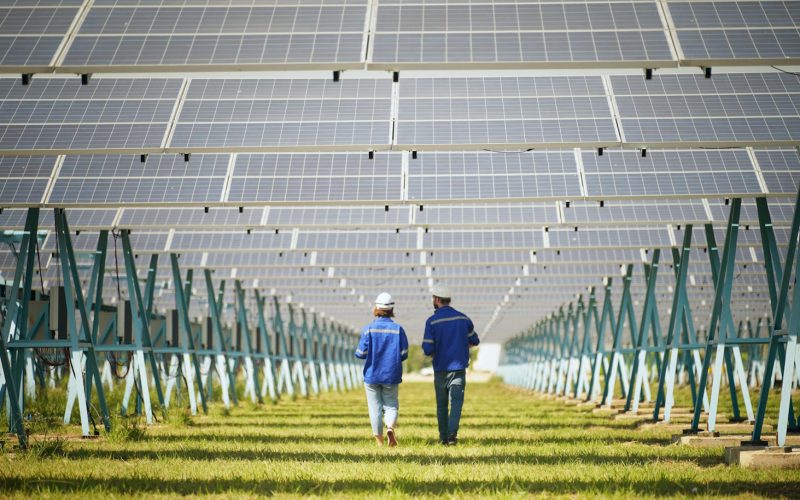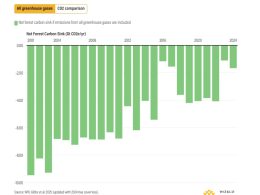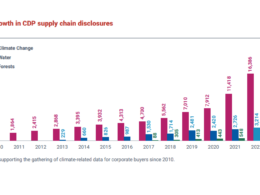The European Commission’s Joint Research Centre (JRC) has released the most comprehensive assessment to date on the European Union’s progress towards meeting the ambitious targets set by the Green Deal. The report, published on 30 January, evaluates the implementation of wide-ranging policies aimed at cutting greenhouse gas emissions by 55% by 2030, achieving climate neutrality by 2050, and transitioning to a resource-efficient economy.
The Green Deal spans multiple sectors, including energy, transport, the circular economy, agriculture, biodiversity conservation, and pollution reduction. The report systematically tracks progress across these areas and references the Climate Action Progress Report to provide a broad overview of developments.
The study identifies 154 binding and non-binding targets that underpin the Green Deal, offering a snapshot of achievements and areas requiring acceleration. These targets are categorised into seven key themes climate ambition, clean, affordable, and secure energy, circular economy, sustainable and smart mobility, greening the Common Agricultural Policy and the ‘Farm to Fork’ strategy, biodiversity conservation and protection, and advancing zero pollution for a toxic-free environment.
Among the 154 targets outlined in the report, 32 are identified as being on track to meet their objectives. However, 64 targets require acceleration to stay on schedule, indicating that while progress is being made, additional efforts are necessary to meet the Green Deal’s goals within the set timeframe. Alarmingly, 15 targets are either not progressing or regressing, raising concerns about setbacks in key areas. Furthermore, data is unavailable for 43 targets, highlighting significant gaps in monitoring and assessment, which could hinder the ability to track and adjust policies effectively.
Significant progress has been made towards Europe’s sustainability transformation. Greenhouse gas emissions have continued to decline, with notable reductions in key industries such as energy and manufacturing. Recycling initiatives and sustainable production processes are also driving the transition to a circular economy, addressing waste management and reducing dependency on finite resources.
However, critical areas require urgent action to meet the 2030 milestones. In the energy sector, the deployment of renewable sources must accelerate to achieve the 42.5% target, supported by increased investment in infrastructure and technological innovation. Expanding protected areas and restoring ecosystems are crucial steps in reversing biodiversity loss. Additionally, better data collection and monitoring systems are needed, as 28% of targets lack sufficient information to assess progress.
Progress remains inconsistent due to the recent adoption of several legislative measures under the Green Deal, such as the Nature Restoration Law, which is yet to be implemented. Some policies are still under discussion or require longer timelines before their impact becomes evident.
The study highlights areas of particular concern, including the decline of farmland bird populations, which continue to fall despite broader positive trends in common bird populations since 2010. These findings underscore the need for targeted interventions in specific areas to avoid further ecological degradation.
While the Green Deal has laid the groundwork for a sustainable transition, the report emphasises that progress must accelerate to meet the ambitious targets set for 2030 and 2050. Full implementation at the national level, alongside systemic shifts across all sectors, is essential. The transition will require changes in consumption and production patterns to ensure that environmental goals align with economic and social priorities.
The report concludes that while policies and frameworks are in place, their effectiveness will depend on continued commitment from EU Member States and stronger efforts to close gaps in monitoring and enforcement.





















